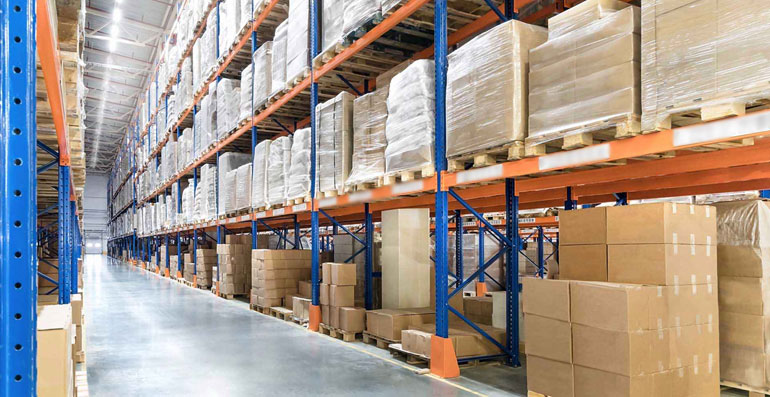
In recent years, Bangalore has emerged as a hub for technological innovation and economic growth in India. This bustling metropolis, often referred to as the “Silicon Valley of India,” is not only a hotbed for IT companies but is also witnessing a significant rise in the prominence of warehouses. This article explores the evolving landscape of warehouses in Bangalore, shedding light on the factors driving this growth, the challenges faced, and the future prospects for the warehouse industry in the city.
1: The Economic Boom in Bangalore
Bangalore’s rapid economic development has been a key catalyst for the proliferation of warehouses in the region. The city’s status as a technology and business hub has attracted a multitude of companies, both domestic and international, leading to a surge in manufacturing and trade activities. This increased economic activity, coupled with the city’s strategic location in southern India, has made Bangalore an ideal choice for setting up warehouses to facilitate the storage and distribution of goods.
2: E-commerce Explosion and Warehousing
The advent of e-commerce has revolutionized the retail landscape globally, and Bangalore is no exception. The city has witnessed an explosion in online shopping, with a growing number of consumers preferring the convenience of ordering products from the comfort of their homes. This surge in e-commerce activities has spurred the demand for warehouses, as companies strive to establish efficient fulfillment centers to meet the ever-increasing consumer demands. The strategic placement of warehouses in and around Bangalore has become imperative for timely and cost-effective delivery of products.
3: Infrastructure Development
Bangalore’s infrastructure development plays a pivotal role in the rise of warehouses. The city has invested significantly in improving its road connectivity, making it easier for goods to be transported to and from warehouses. The expansion of highways, construction of dedicated freight corridors, and the development of logistics parks have contributed to creating a conducive environment for the growth of the warehouse sector in Bangalore. These infrastructural advancements have not only reduced transit times but also minimized operational costs for businesses.
4: Technology Integration in Warehousing
As a city known for its technological prowess, Bangalore has embraced the latest advancements in warehouse management systems. Automation, robotics, and artificial intelligence are increasingly being integrated into warehouse operations to enhance efficiency, accuracy, and speed. This technology-driven approach not only optimizes inventory management but also reduces the reliance on manual labor, addressing some of the challenges associated with workforce availability and productivity.
5: Challenges Faced by Warehouses in Bangalore
Despite the remarkable growth, warehouses in Bangalore are not without their challenges. One of the primary concerns is the scarcity of land for developing large-scale warehouses. As the city continues to expand, the demand for commercial and residential spaces competes with the need for industrial development. This scarcity poses a challenge for companies looking to establish or expand their warehouse facilities in the region.
Additionally, the influx of goods and the consequent increase in traffic have led to congestion issues, impacting the timely movement of goods. Addressing these challenges requires a collaborative effort from government bodies, businesses, and urban planners to find sustainable solutions that balance industrial growth with environmental considerations.
Also Read: Navigating the Nexus: Unveiling the Dynamics of Warehousing in Bangalore
6: Sustainability and Green Warehousing
Recognizing the importance of sustainable practices, many warehouses in Bangalore are adopting eco-friendly initiatives. Green warehouses are designed to minimize their carbon footprint by incorporating energy-efficient technologies, waste reduction measures, and sustainable construction materials. This shift towards environmentally responsible warehousing not only aligns with global sustainability goals but also enhances the overall image of the warehouse industry in Bangalore.
7: Future Outlook for Warehouses in Bangalore
Looking ahead, the future for warehouses in Bangalore appears promising. The city’s commitment to infrastructure development, coupled with the growing influence of technology, is likely to fuel further expansion in the warehouse sector. As e-commerce continues to thrive and consumer expectations evolve, the demand for strategically located and technologically advanced warehouses will remain high.
In conclusion, the rise of warehouses in Bangalore is a testament to the city’s dynamic economic landscape. The convergence of e-commerce, infrastructure development, and technological innovation has positioned Bangalore as a key player in the warehousing sector. As challenges are addressed and sustainability becomes a priority, the warehouse industry in Bangalore is poised for sustained growth, contributing significantly to the city’s economic prosperity.